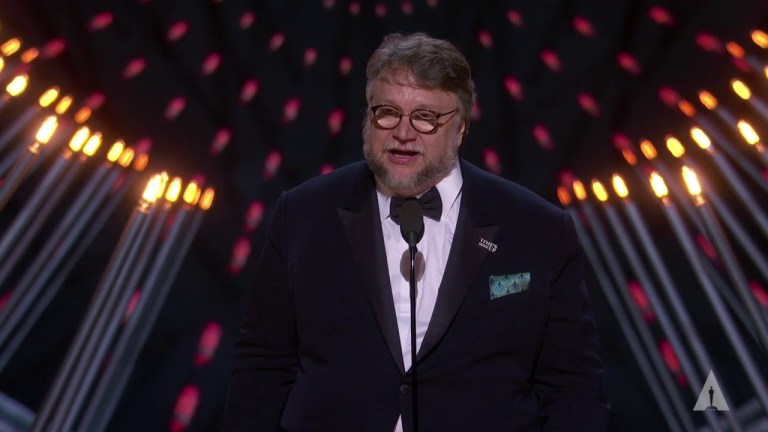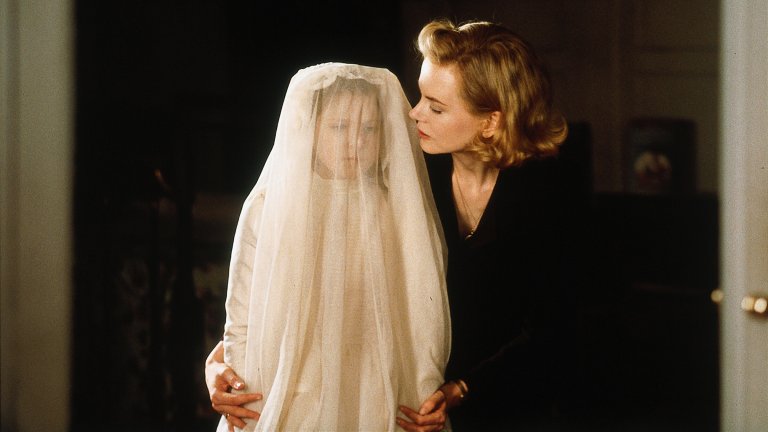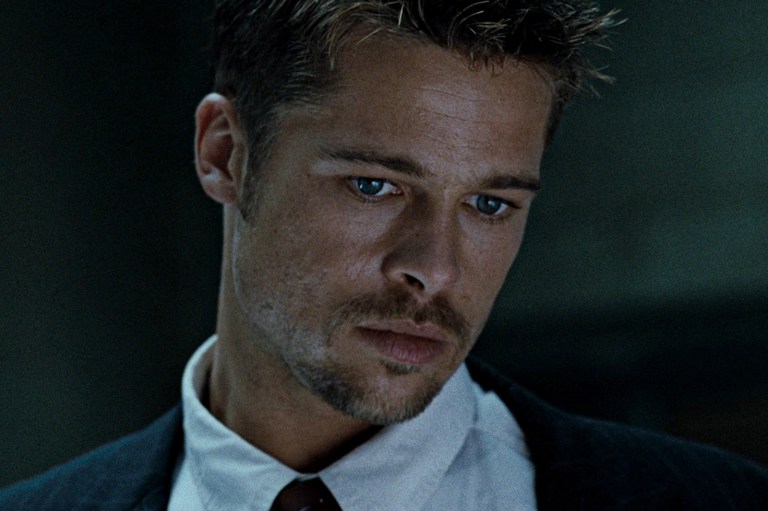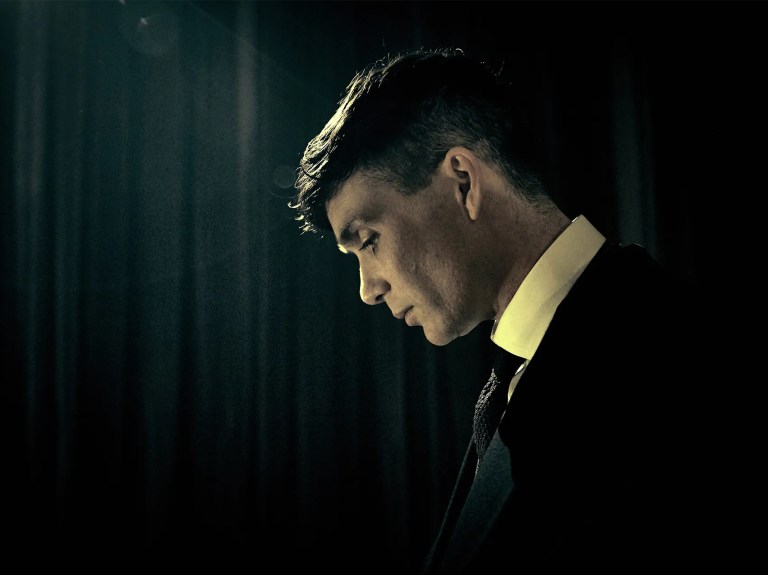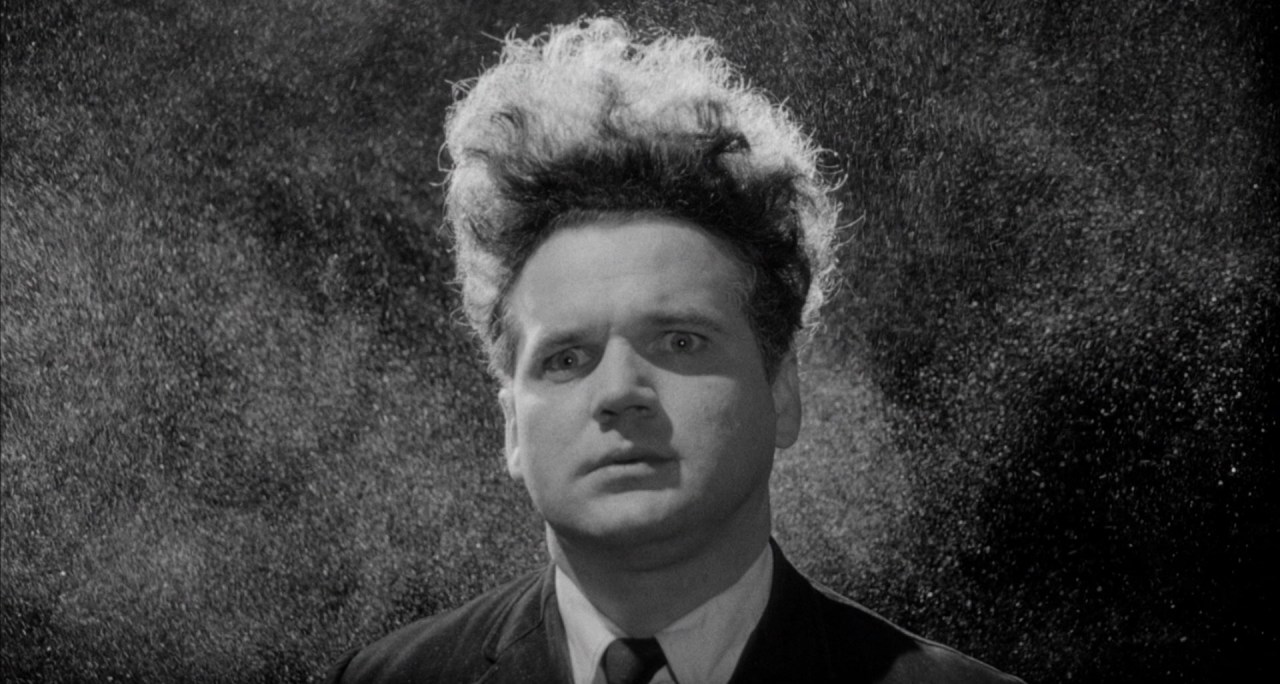
David Lynch’s 7 Best Films, Ranked
It’s not an exaggeration to claim that the world has yet to see a director as unfailingly original as David Lynch. A prolific writer, director, musician, and avant garde creative thinker, Lynch’s unrivaled artistic energy has informed many of his foremost works, ushering in such unforgettable movies and TV shows as Blue Velvet, Eraserhead, Mulholland Drive, and Twin Peaks. Quite possibly the most celebrated surrealist to break into mainstream cinema, Lynch’s films continue to delight, terrify, and confound viewers of countless generations, awarding Lynch momentous praise for his influential contributions to the entertainment medium.
From introspective biopics to experimental psychological horror movies, here are several David Lynch movies we heartily recommend checking out, ranked in order from worst to best.
7. The Straight Story (1999)
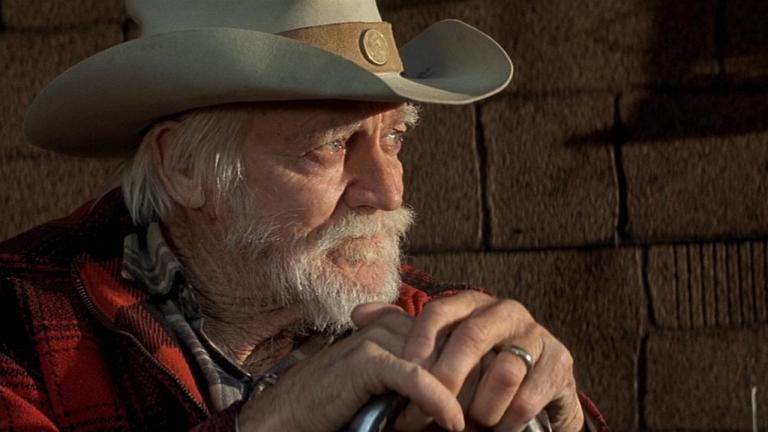
It’s ironic to think that one of David Lynch’s overall best films also happens to be his most uncharacteristically normal. Rather than incorporating macabre or unsettling visuals, Lynch instead focuses on the factual story of Alvin Straight, an Iowa farmer who journeyed cross-country on the back of his trusty lawnmower. A rare feelgood story from Lynch, The Straight Story nevertheless demonstrated Lynch’s zeal for handling a diverse range of subject matter, from the strange and unusual to the comic and family-friendly (as seen here).
6. Wild at Heart (1990)
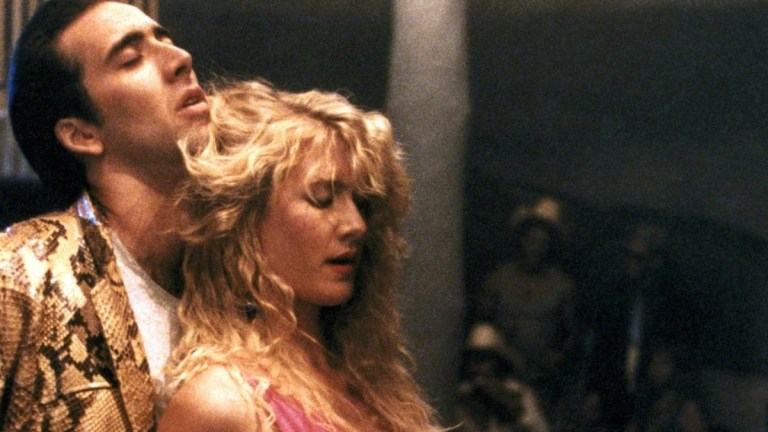
Even by David Lynch’s standards, Wild at Heart is a wild ride of a movie. Infusing a wide array of influences into its overarching narrative, Wild at Heart appears as a nightmarish cross between The Wizard of Oz, ‘50s Elvis musicals, and lovers-on-the-run stories like Bonnie and Clyde or Natural Born Killers. Perversely funny one moment yet nauseatingly terrifying in the next, it’s bizarre thematic tone bears all the hallmarks of a stereotypical David Lynch film, from its random musical numbers to its occasional surrealist segues.
5. Twin Peaks: Fire Walk with Me (1992)
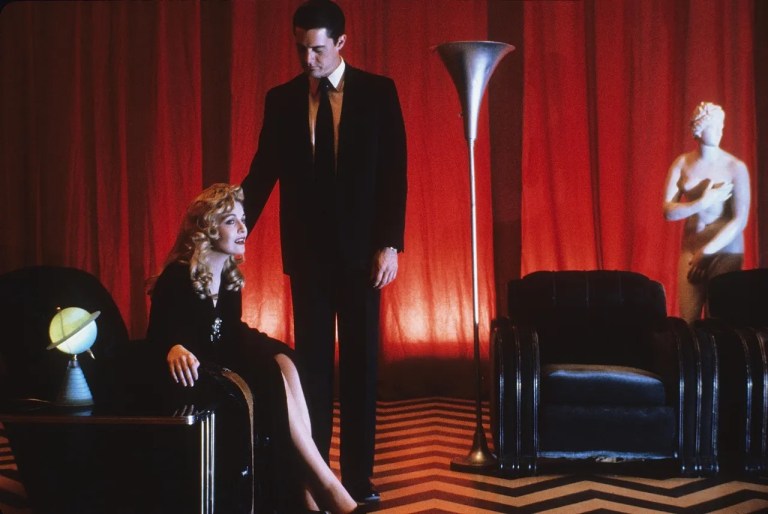
When it first arrived in theaters in 1992, most diehard fans of Twin Peaks expressed heartbroken disappointment at Twin Peaks: Fire Walk with Me’s ambiguous narrative and … less than well-written dialogue. In the decades since, Fire Walk with Me has become a pivotal landmark in Twin Peaks’ larger universe, significantly tying into the continuity of the belated Twin Peaks: The Return. With critical reviews having significantly warmed in recent years, many longtime viewers have reappraised Fire Walk with Me with renewed appreciation, citing its once panned ambiguity as the movie’s ultimate strength.
4. The Elephant Man (1980)
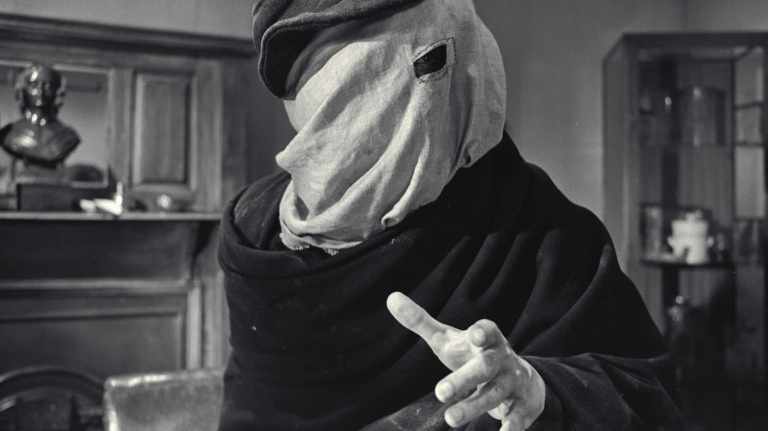
In many ways, David Lynch was the ideal director to handle a project as potentially disastrous as 1980’s The Elephant Man. A gut-wrenching biopic centered around the life and death of Joseph Merrick, Lynch managed to create an endearing portrait about Merrick the man, rather than gratuitously focusing on his historical subject’s physical deformities. The results give way to a movie of luminous beauty and impactful emotion, juxtaposing Merrick’s wondrously kind soul with his monstrous treatment in Victorian England.
3. Eraserhead (1977)
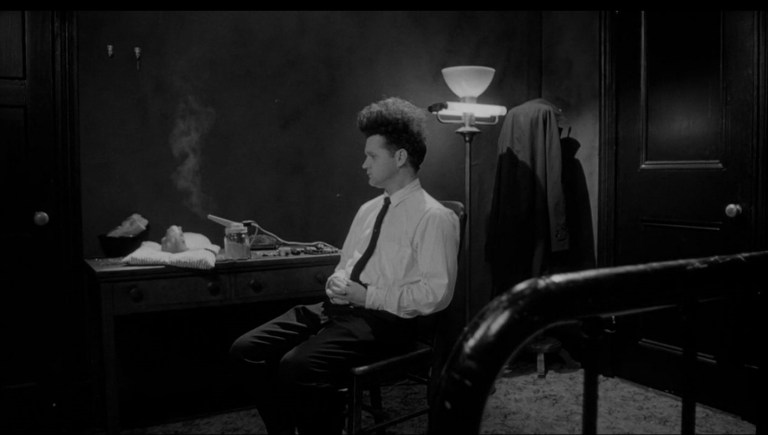
The feature-length debut for Lynch, Eraserhead also lives on as one of the most influential films of the 1970s. The crown jewel of the contemporary midnight movie circuit, Lynch introduced a newfound level of experimental surrealism with his work on Eraserhead, leaving audiences wracked with unease from its opening credits to its closing moments. Posing far more questions as it does answers, Eraserhead cemented Lynch as a visionary young director to watch out for by the close of the ‘70s (something that became all the more apparent by the start of the next decade).
2. Blue Velvet (1986)

Blue Velvet might not have been Lynch’s first film, but it is the movie that launched him to glorious new heights in the film industry. Rebounding from the critical failure of 1984’s Dune, Lynch set his sights on a film he felt more comfortable making, returning him to the darker roots of Eraserhead and The Elephant Man. Sprinkling together surrealism, ‘50s noir, small-town suburbia, and steamier eroticism into one tightly-wound package, Lynch conjured up one of the most visually striking and narratively arresting films of the 1980s with Blue Velvet.
1. Mulholland Drive (2001)

A return to form for Lynch following the mixed reception of his late ‘90s work, Mulholland Drive is quite possibly among the most original films Lynch has ever created (an assessment that, when compared to Eraserhead, isn’t meant to be taken lightly). Alternating between several branching storylines – each more enigmatic than the last – Lynch brilliantly explores the darker side of the film industry with Mulholland Drive, illustrating the ethereal divide between the Hollywood of our dreams and the Hollywood of our deepest nightmares. An ambitious neo-noir mystery marked by Lynch’s signature dose of surrealism, it’s a claustrophobic horror thriller the likes of which audiences had never seen before – and have yet to see since.
